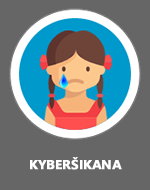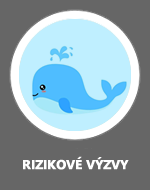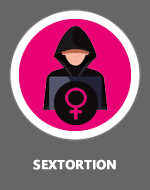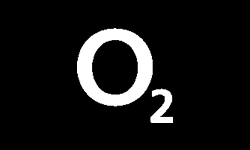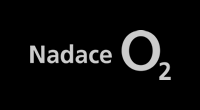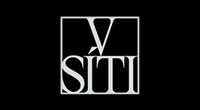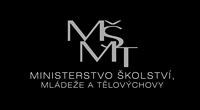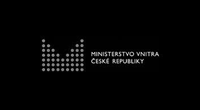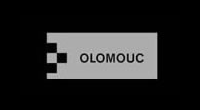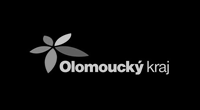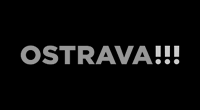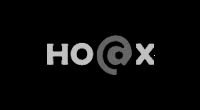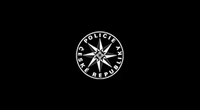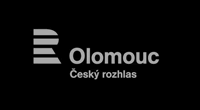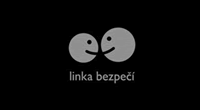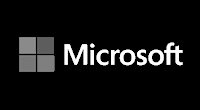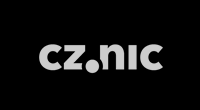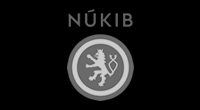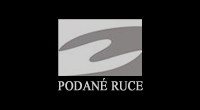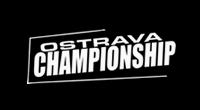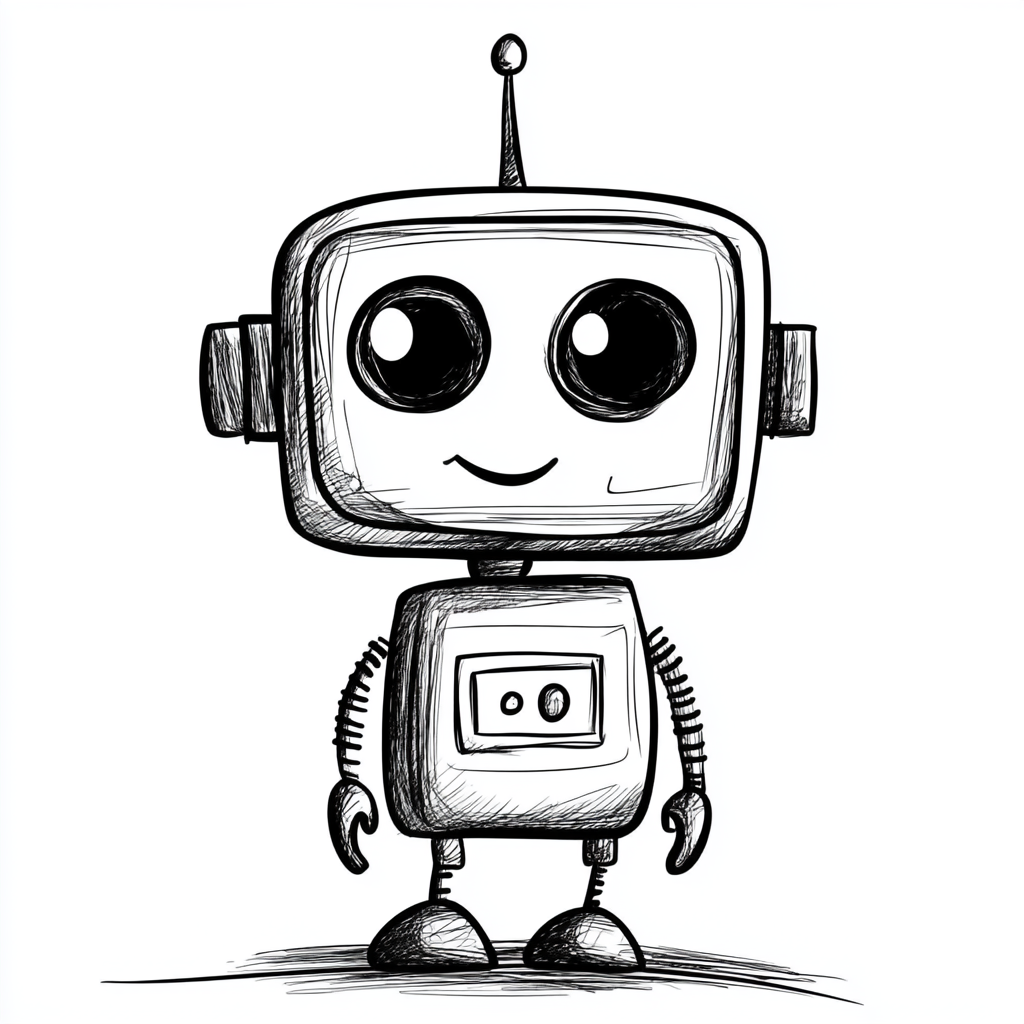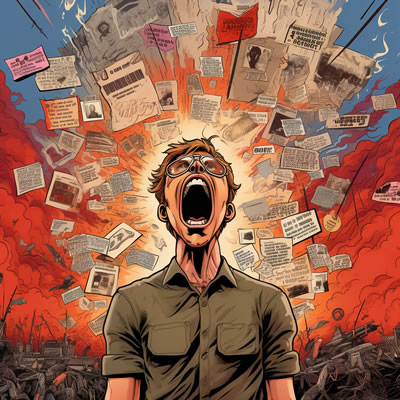 In the Czech Republic, we have the privilege of living in a society that protects and promotes freedom of speech. This fundamental right allows us to express our opinions and ideas, which is an invaluable pillar of our democracy. However, this is not the case in all countries and it is not a given everywhere.
In the Czech Republic, we have the privilege of living in a society that protects and promotes freedom of speech. This fundamental right allows us to express our opinions and ideas, which is an invaluable pillar of our democracy. However, this is not the case in all countries and it is not a given everywhere.
North Korea, Iran, and Russia
In countries like North Korea, Iran, and Russia, freedom of speech is severely restricted. In North Korea, any public expression of dissent against the ruling regime can lead to severe penalties, including imprisonment or forced labor camps. North Korean citizens are isolated from the outside world and must avoid public criticism of the government at all costs.
Similarly, in Iran, criticism of the government or expressions deemed threatening to Islamic moral values can lead to serious repression. The government regulates media and the internet to limit access to information and maintain control over the narrative.
In Russia, freedom of expression faces significant restrictions, severely hindering citizens from expressing their opinions and views, especially if they conflict with official government lines. In recent years, the Russian government has implemented a series of laws and measures that restrict citizens' right to freely communicate information, whether through the press, online media, public assemblies, or even private conversations. These actions are justified by protecting state security and combating extremism but often serve to suppress dissent and critical voices.
Activists, journalists, and opposition politicians are regularly targeted for arrests, trials, and repression for their opinions and statements, creating an atmosphere of fear and limiting public debate. Bans on assemblies, internet censorship, and crackdowns on media are just some of the means by which the Russian government restricts freedom of speech. Additionally, laws against so-called "fake news" or "insulting the feelings of believers" are often used to legitimize actions against freedom of expression.
Another troubling trend is the targeted attack on independent media and opposition politicians. Media outlets that try to provide independent news or critical perspectives on government policy face accusations, financial penalties, and sometimes even forced closure. Opposition politicians and activists are often subject to legal proceedings aimed at silencing them and preventing their public engagement.
In Russia, acts of civil dissent, such as standing with a blank sheet of paper in public, can be interpreted as a political protest. Citizens can find themselves imprisoned for actions that would be considered normal expressions of free speech in many other countries, such as wearing blue and yellow sneakers.
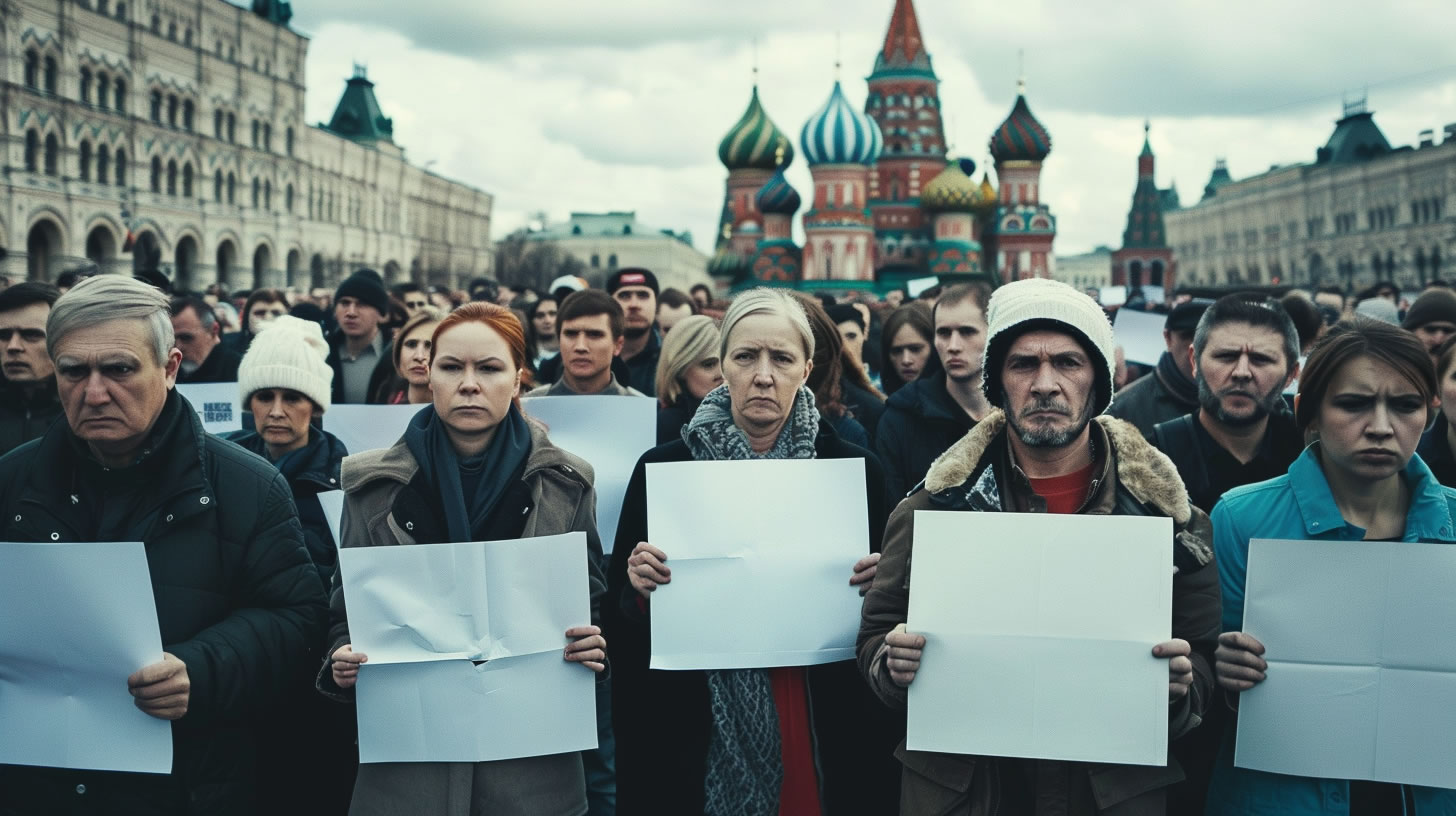
In contrast, in the Czech Republic, when someone is convicted for their expression on the internet, it typically involves breaking laws aimed at protecting individuals, such as threats, blackmail, or spreading alarming news. These laws exist to protect citizens, not to restrict freedom of expression itself.
The Role of Public Service Media and Other Independent Outlets
One of the fundamental pillars of a democratic society is independent media. Media freedom allows for a plurality of opinions and information, which is crucial for the awareness of citizens and the functioning of democracy. Public service media play a crucial role in this ecosystem as they are tasked with providing objective, balanced, and unbiased information accessible to all citizens regardless of their political beliefs or social status.
Public service media are funded by public resources and their primary mission is to serve the public interest, not the interests of individual political parties or the government. Their independence is key to maintaining public trust and the ability to act as a watchdog for democracy. If public service media were to become a tool of the state or a particular political faction, it would be a direct threat to democratic principles as they could be used to manipulate public opinion or suppress opposing voices.
Media freedom and the independence of public service media thus represent a cornerstone of democracy as they ensure that citizens have access to diverse and independent information necessary for informed public discussions and decision-making.
Nevertheless, in many European countries, there have been alarming trends in recent years towards restricting the independence of public service media, raising concerns about maintaining their crucial role in democratic societies. In Poland, significant changes in media occurred after the Law and Justice party (PiS) came to power in 2015, including increased government control over public broadcasting. This situation began to change in late 2023. Similarly, in Hungary, under Viktor Orbán's government, public service media have faced criticism for transforming into pro-government tools, limiting media plurality and objectivity. In Turkey, under Erdogan's rule, there is widespread suppression of press freedom and interference with the independence of media content.
Most recently, the situation is worsening even in Slovakia, where government plans to influence public service media are raising concerns among journalists and media law experts. According to available information, it appears that the Slovak government intends to decide on broadcast content, which would represent a significant deviation from the principles of independent and objective public service broadcasting. Such steps threaten fundamental democratic values as independent media serve as an important pillar of democracy by providing a plurality of information and opinions, informing citizens, and contributing to public debate without political influence.
Dezoláti, eurohujeři, chcimíři, flastenci, lepšolidi, fašisti, lůza, zmrdi, Ukáčka, Bureš či Pávek – This Too is Part of Democracy
In the context of democratic debate, it is essential for individuals to have the opportunity to oppose each other and express even contradictory opinions. Although it can be offensive and unpleasant when the debate turns into personal attacks, this openness in expression is an important aspect of democratic freedom. In a democratic system, unlike authoritarian or totalitarian regimes, expressing a critical or unpopular opinion usually does not lead to legal consequences such as imprisonment or state censorship. And that is unfortunately one of the problems of democracy - even aggressive citizens have their place in it.
The ability to label opponents as dezoláti (desperate), eurohujeři (euro-fanatics), chcimíři (peaceniks), or war-mongers is thus an expression of democracy – including reactions to these insults. If an offensive message on social media provokes a wave of hatred, it is not a manifestation of censorship and totalitarianism but rather an expression of democracy and freedom of speech – although in a very painful and dirty form. Of course, there are limits even here, such as threats, blackmail, defamation, support/approval of terrorism, etc., which are criminal acts (or offenses) to which freedom of speech does not apply.
However, with this freedom comes responsibility. Mutual insults and mockery may be an expression of democracy but they lack constructiveness and can lead to further escalation of tension and hate speech. These spirals of hatred not only erode the quality of public debate but can also have serious consequences in the form of societal polarization or even aggressive confrontations in the real world.
It is therefore important to find a balance between freedom of expression and mutual respect. While we may differ in opinions, it is possible to express our views politely and with respect for the dignity of others. Maintaining decency and respect in debate not only contributes to better mutual understanding but also helps keep democratic discourse productive and constructive.
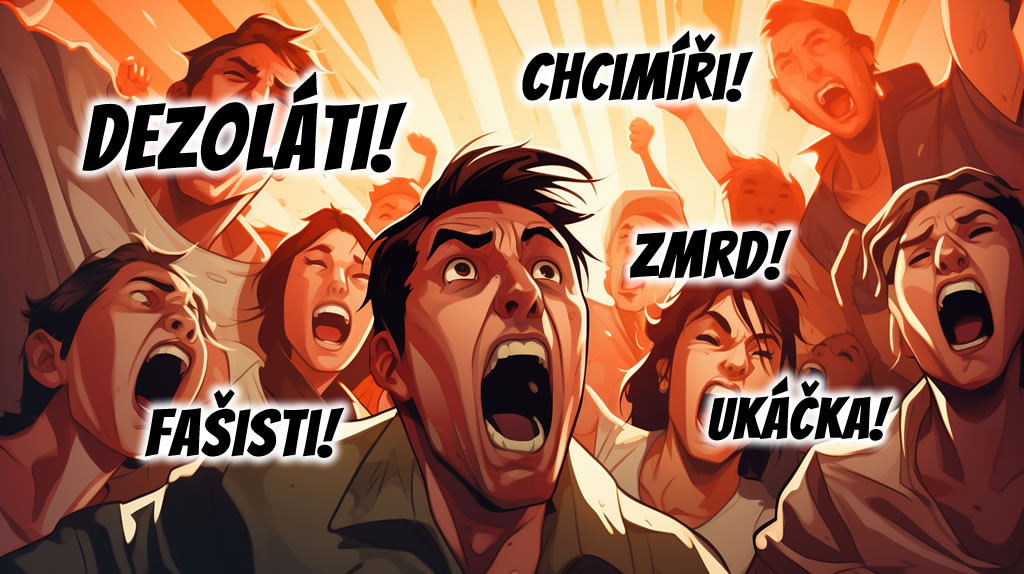
A Final Word
On the internet, we must strive to cultivate an environment of respect and understanding. Insults or name-calling are not expressions of freedom of speech but its abuse. If we behave aggressively on the internet, we should not be surprised if we encounter aggression on the other side as well. Responsible and respectful use of freedom of speech is key to a positive and constructive dialogue.
In conclusion, while we enjoy extensive freedom of speech in our country, we should be aware that it is not a given everywhere. Mutual respect and responsible use of this freedom are the foundations for a healthy democracy and a harmonious society.
prof. Kamil Kopecký
Palacký University in Olomouc
(with the support of AI)
```


